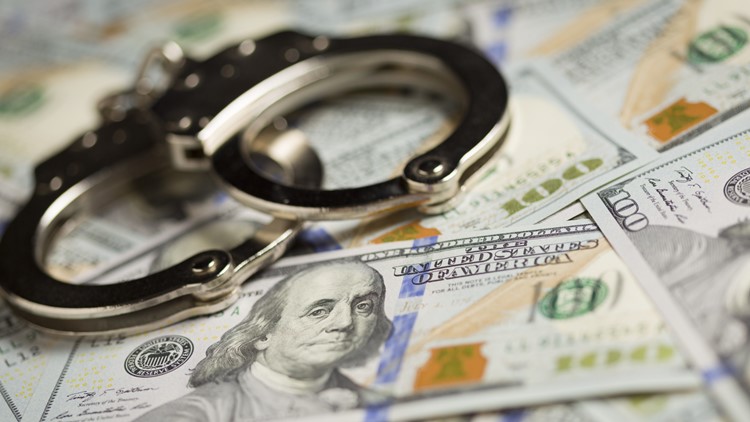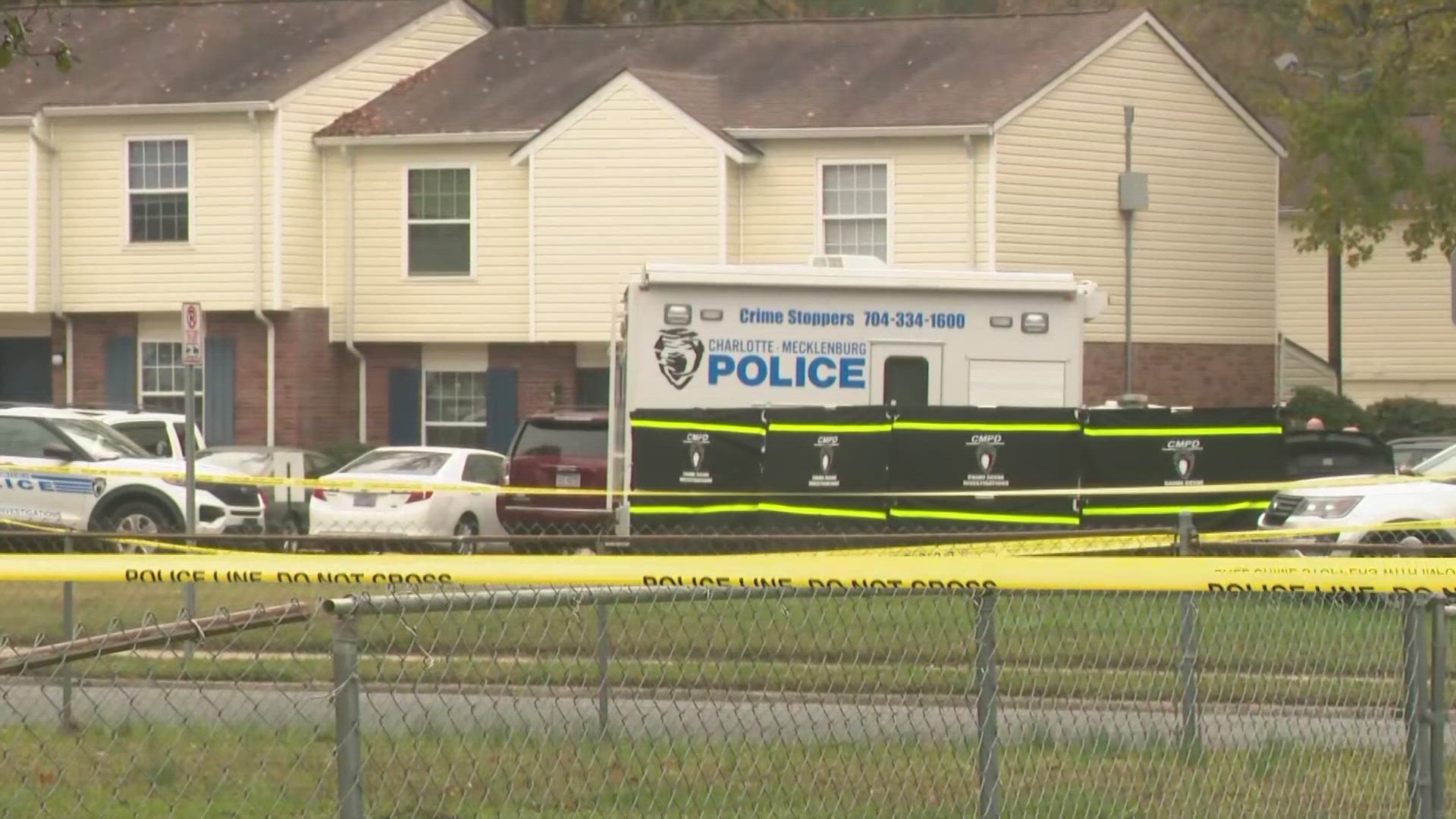CHARLOTTE, N.C. — A Charlotte woman, already on federal supervision for previous financial crimes, was sentenced Wednesday for stealing coronavirus pandemic relief funds.
Nkhenge Shropshire and her co-conspirators submitted at least 10 fraudulent Economic Disaster Relief Loans (EIDL) applications to the Small Business Administration (SBA), federal investigators announced. Using fictitious businesses and false information, the SBA paid out at least $45,000 to Shropshire and her co-conspirators, who were not identified Wednesday.
Court records showed between July 2 and Sept. 2, 2020, the group tried to obtain at least $331,072 in Coronavirus Aid, Relief, and Economic Security (CARES) funds.
In 2020, Shropshire was out of prison and serving federal supervision following a 2014 conviction for filing a false tax return and lying on a loan application. She had been sentenced to 33 months in prison and five years of supervised release.
In May of 2022, Shropshire also plead guilty to wire fraud conspiracy. For this crime, she is already in federal custody and is now being transferred to the federal Bureau of Prisons.
“At a time that businesses and communities were doing their best to survive the devastating impact of COVID-19, Shropshire was busy trying to make a quick buck and take advantage of the aid administered by the government,” Dena J. King, U.S. Attorney for the Western District of North Carolina, said in a released statement.
Also from Wednesday: Father, son sentenced for COVID-19 relief fraud
From last December: A Charlotte man is facing federal charges after prosecutors said he fraudulently applied for a $142,900 COVID-19 emergency loan
Nearly four million small business owners received a combined $390 billion through the EIDL program. The low-interest loans generally carry a 30-year terms, but WCNC Charlotte's Nate Morabito found there are now fears that borrowers may end up delinquent.
Borrowers with loans less than or equal to $200,000 can request hardship accommodations through the agency’s Capital Access Financial System (CAFS). Meanwhile, those with larger loans can email disastercustomerservice@sba.gov directly.
The SBA had deferred payments for the last two-and-a-half years, but the grace period recently ended in the midst of an uncertain economy.



